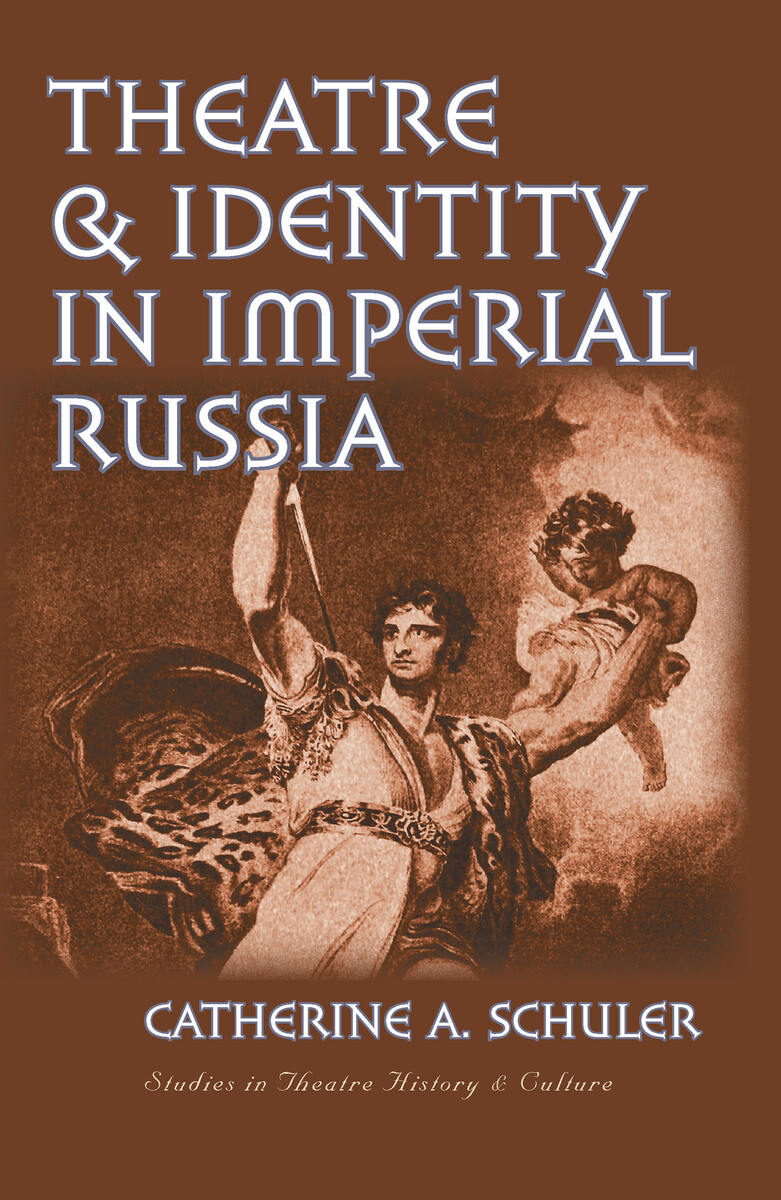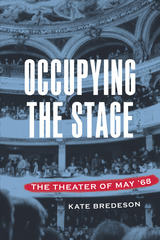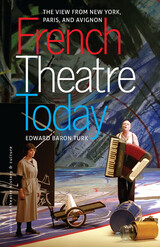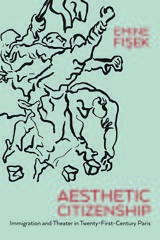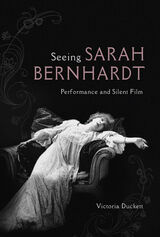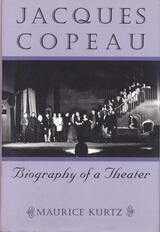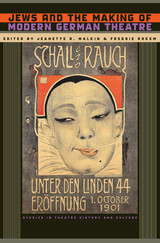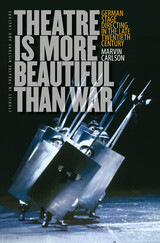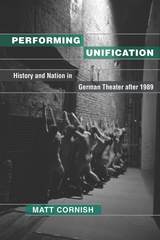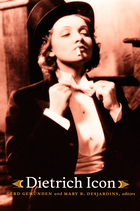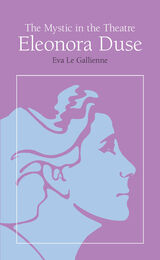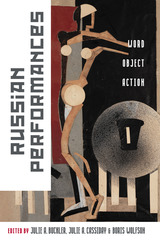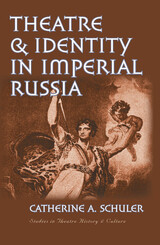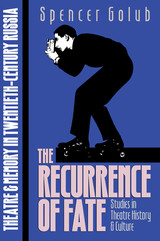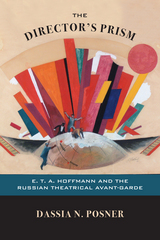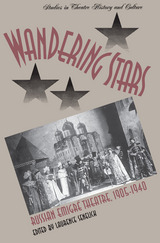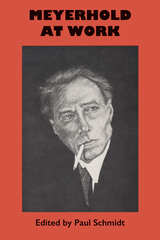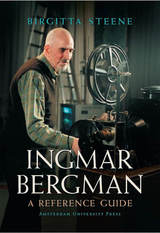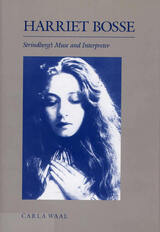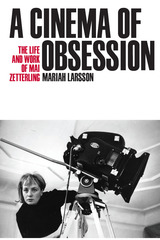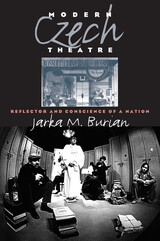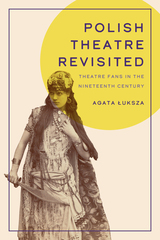Theatre and Identity in Imperial Russia
University of Iowa Press, 2009
eISBN: 978-1-58729-847-9 | Cloth: 978-1-58729-799-1
Library of Congress Classification PN2723.S38 2009
Dewey Decimal Classification 792.0947
eISBN: 978-1-58729-847-9 | Cloth: 978-1-58729-799-1
Library of Congress Classification PN2723.S38 2009
Dewey Decimal Classification 792.0947
ABOUT THIS BOOK | AUTHOR BIOGRAPHY | REVIEWS | TOC | REQUEST ACCESSIBLE FILE
ABOUT THIS BOOK
What role did the theatre—both institutionally and literally—play in Russia’s modernization? How did the comparatively harmonious relationship that developed among the state, the nobility, and the theatre in the eighteenth century transform into ideological warfare between the state and the intelligentsia in the nineteenth? How were the identities of the Russian people and the Russian soul configured and altered by actors in St. Petersburg and Moscow? Using the dramatic events of nineteenth-century Russian history as a backdrop, Catherine Schuler answers these questions by revealing the intricate links among national modernization, identity, and theatre.
Schuler draws upon contemporary journals written and published by the educated nobility and the intelligentsia—who represented the intellectual, aesthetic, and cultural groups of the day—as well as upon the laws of the Russian empire and upon theatrical memoirs. With fascinating detail, she spotlights the ideologically charged binaries ascribed to prominent actors—authentic/performed, primitive/civilized, Russian/Western—that mirrored the volatility of national identity from the Napoleonic Wars through the reign of Alexander II.
If the path traveled by Russian artists and audiences from the turn of the nineteenth century to the era of the Great Reforms reveals anything about Russian culture and society, it may be that there is nothing more difficult than being Russian in Russia. By exploring the ways in which theatrical administrators, playwrights, and actors responded to three tsars, two wars, and a major revolt, this carefully crafted book demonstrates the battle for the hearts and minds of the Russian people.
Schuler draws upon contemporary journals written and published by the educated nobility and the intelligentsia—who represented the intellectual, aesthetic, and cultural groups of the day—as well as upon the laws of the Russian empire and upon theatrical memoirs. With fascinating detail, she spotlights the ideologically charged binaries ascribed to prominent actors—authentic/performed, primitive/civilized, Russian/Western—that mirrored the volatility of national identity from the Napoleonic Wars through the reign of Alexander II.
If the path traveled by Russian artists and audiences from the turn of the nineteenth century to the era of the Great Reforms reveals anything about Russian culture and society, it may be that there is nothing more difficult than being Russian in Russia. By exploring the ways in which theatrical administrators, playwrights, and actors responded to three tsars, two wars, and a major revolt, this carefully crafted book demonstrates the battle for the hearts and minds of the Russian people.
See other books on: 1801-1917 | Imperial Russia | National characteristics, Russian | Schuler, Catherine A. | Theatre
See other titles from University of Iowa Press
